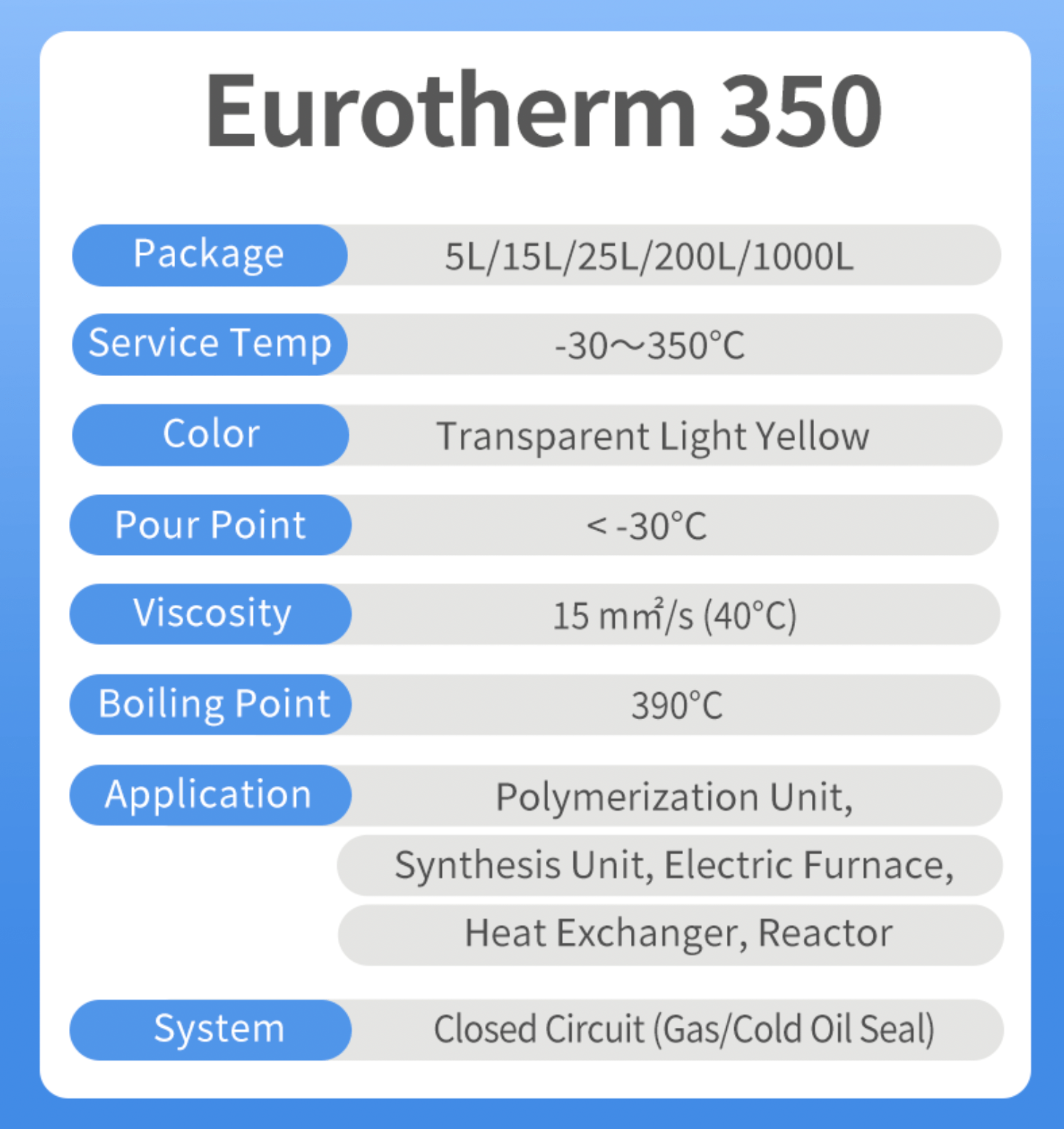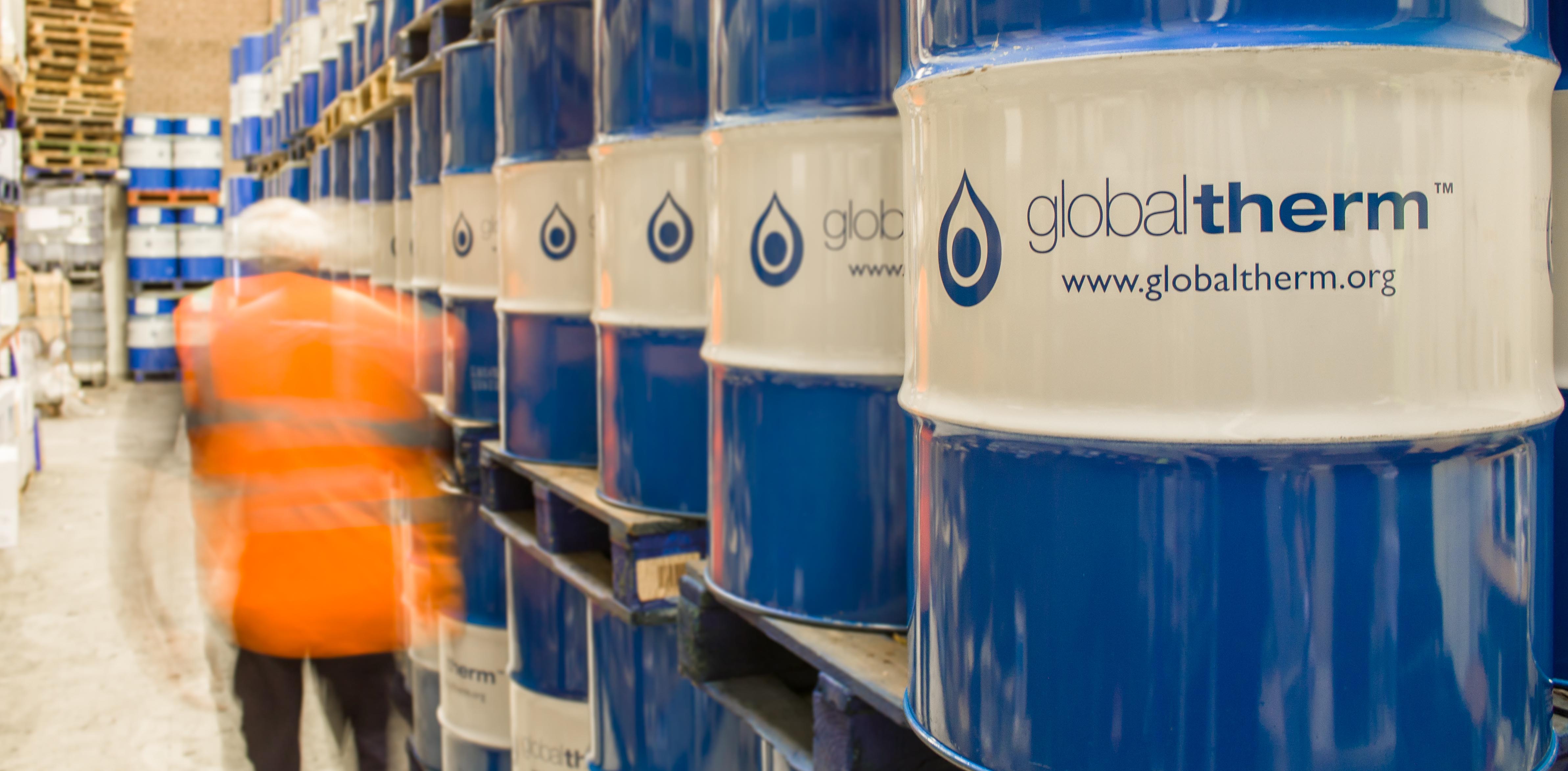The Function of Thermal Oil in Energy Efficient Systems
The Function of Thermal Oil in Energy Efficient Systems
Blog Article
Why Selecting the Right Heat Transfer Fluid Is Important for Optimal System Efficiency
Picking an appropriate warmth transfer liquid is a crucial choice that can significantly impact system performance and functional expenses. The ideal fluid not just boosts thermal performance but additionally makes sure durability and integrity of tools, lowering the risk of costly downtimes. Secret residential or commercial properties such as thermal conductivity, viscosity, and thermal stability has to be meticulously assessed to maximize energy consumption and stay clear of prospective failures. As the ramifications of this option expand much past prompt performance, comprehending the nuances of liquid choice comes to be essential for any individual wanting to accomplish optimum system effectiveness. What elements should be prioritized in this important decision-making procedure?
Relevance of Heat Transfer Fluids
What function do warmth transfer fluids play in industrial procedures? Heat transfer fluids are necessary for the efficient transfer of thermal power within different commercial systems. They assist in the movement of warm from one location to an additional, guaranteeing that procedures run within optimum temperature varieties. Their key feature is to soak up warm from a resource, such as a furnace or activator, and supply it to an end user, like a heat exchanger or purification column.
The option of warmth transfer fluid can dramatically influence power performance, safety and security, and devices long life. Liquids have to can holding up against high temperature levels and pressures without deteriorating, in addition to exhibition marginal volatility and low toxicity. Their efficiency directly affects not only the efficiency of the system however additionally its operational expenses.
In addition, heat transfer fluids play a critical function in keeping process control, making sure that temperature fluctuations are lessened. This is particularly important in delicate applications such as drugs and petrochemicals, where accurate temperature level administration is essential. Overall, the value of selecting the appropriate warm transfer liquid can not be overemphasized, as it is indispensable to enhancing industrial procedures and improving overall system performance.
Trick Quality to Consider
When picking a warm transfer fluid, which vital residential or commercial properties should be focused on to make sure optimal performance? Thermal conductivity is vital; a liquid with high thermal conductivity will successfully transfer heat, lessening power loss. Additionally, the certain warmth capacity of the fluid is crucial, as it establishes just how much energy the liquid can launch and save, influencing overall system responsiveness.
Viscosity is one more considerable residential or commercial property to think about, as it affects the liquid's flow features; reduced thickness liquids are generally preferred for simpler flow and minimized pumping power. The liquid's temperature level array is equally crucial; it has to carry out effectively within the operational temperature levels of the system without degrading or evaporating.
Chemical security is vital to stop destruction over time, which can bring about system inadequacies and possible failings - heat transfer fluid. Moreover, compatibility with system materials need to not be forgotten to prevent corrosion or damage to parts. Consider the ecological effect and safety account of the fluid, as laws and sustainability goals increasingly affect fluid option. By focusing on these key residential or commercial properties, one can choose a heat transfer liquid that boosts system durability and reliability.

Effect on System Performance
The selection of heat transfer fluid directly influences system efficiency, affecting both energy usage and operational here are the findings performance. A fluid's thermal conductivity, viscosity, and warm capability play essential duties in just how properly it moves warmth within a system. Optimum liquid buildings make certain that warmth is soaked up and distributed efficiently, reducing energy losses and enhancing the total efficiency of the system.

Moreover, the compatibility of the fluid with system products can significantly affect performance. A fluid that triggers deterioration or degradation can lead to leaks and system failings, further decreasing effectiveness. In recap, the appropriate warmth transfer fluid not only takes full advantage of power performance and lowers prices but also enhances the integrity and longevity of the system, making it an important consideration for engineers and decision-makers in thermal management applications.
Common Types of Heat Transfer Fluids
A range of warm transfer fluids are typically utilized in thermal administration systems, each with unique residential properties matched to certain applications. Water is just one of one of the most commonly utilized heat transfer liquids because of its high particular heat capacity, inexpensive, and schedule. Its freezing point restricts its usage in low-temperature applications.
Thermal oils, often originated from oil, are one more popular selection, specifically in high-temperature systems. These fluids can operate at raised temperature levels without vaporizing, making them ideal for commercial applications. Nevertheless, they may have limitations worrying thermal security.
Refrigerants, made use of mainly in cooling systems, have one-of-a-kind thermodynamic residential properties that permit effective warm transfer at low temperature levels. Their option is important to guarantee performance and compliance with ecological guidelines.

Furthermore, phase change materials (PCMs) are acquiring traction for their capability to take in and release substantial amounts of warm during phase shifts, using an one-of-a-kind remedy for thermal power storage space. Each liquid's details features have to be evaluated for optimal efficiency.
Finest Practices for Choice
Choosing the proper warm transfer fluid involves careful consideration of several vital variables that straighten find here with the certain demands of the application. Initially, assess the functional temperature level variety. The liquid should maintain its residential or commercial properties and efficiency throughout the desired temperature range. Second, consider the fluid's thermal conductivity, which influences heat transfer prices; greater thermal conductivity normally causes enhanced performance.
Additionally, review the fluid's thickness, as it influences pumping power and general system performance. Reduced viscosity fluids normally minimize energy usage throughout flow. Compatibility with system products is one more critical element; ensure that the fluid does not create corrosion or deterioration of parts and pipes.
Following, take into consideration the fluid's security and long life, especially in high-temperature applications. A secure liquid reduces upkeep and substitute costs. Environmental and safety and security regulations ought to assist your option process, emphasizing eco pleasant and safe alternatives when feasible.
Conclusion
In final thought, choosing the suitable heat transfer liquid is crucial for attaining ideal system efficiency. The right liquid boosts thermal conductivity, minimizes energy losses, and advertises tools durability, ultimately leading to improved system reliability and efficiency.
Warm transfer fluids are crucial for the reliable transfer of thermal energy within various commercial systems. Furthermore, the particular warmth capability of the fluid is essential, as it figures out how much energy the fluid can launch and keep, impacting total system responsiveness.
Think about the environmental effect and safety account of the fluid, as laws and sustainability goals increasingly affect fluid choice - propylene glycol. A fluid's thermal conductivity, viscosity, and heat capability play critical duties in how properly it transfers warm within a system. Water is one of the most widely utilized warmth about his transfer fluids due to its high details heat ability, reduced expense, and availability
Report this page